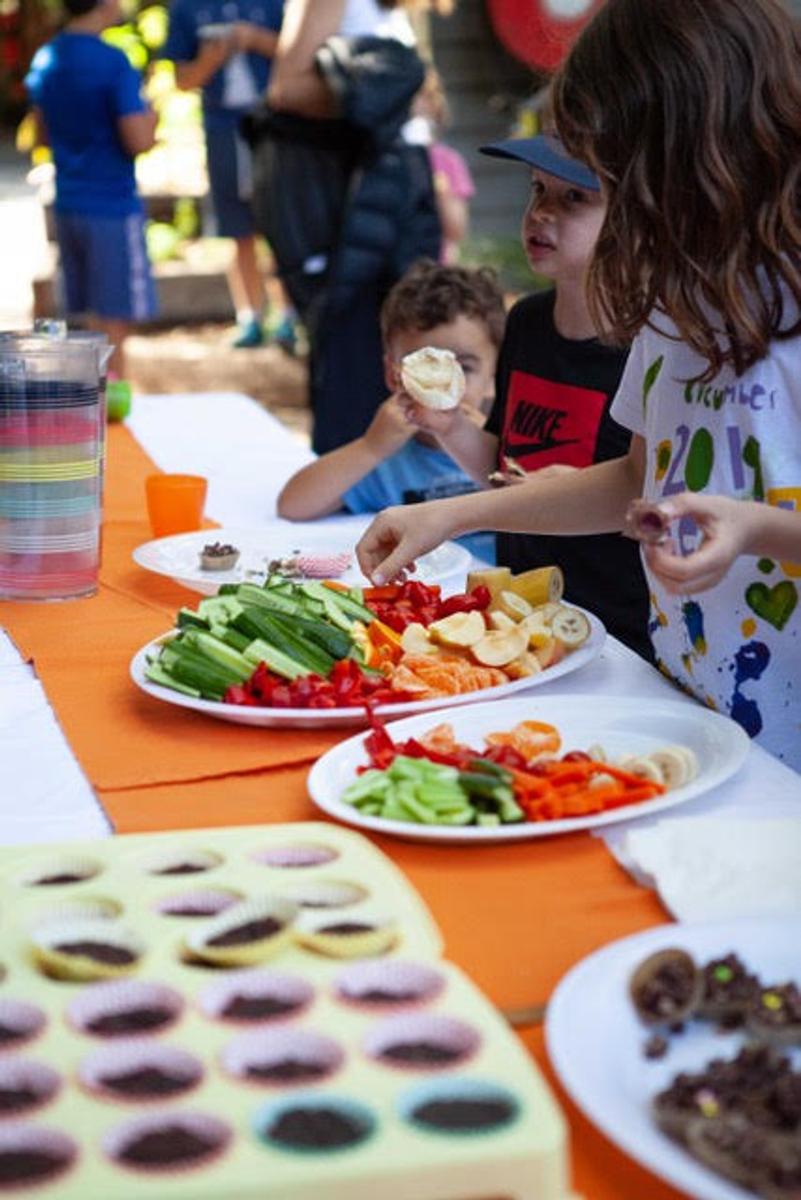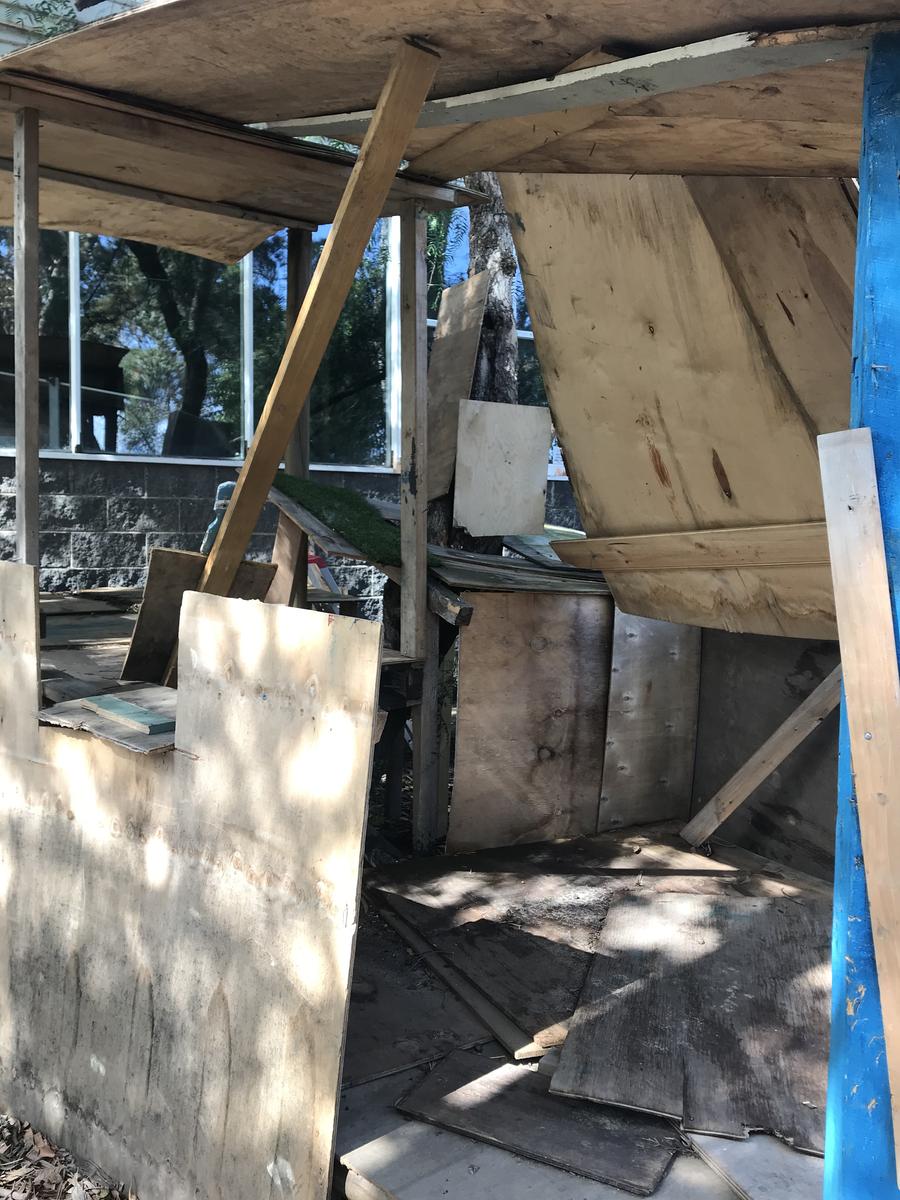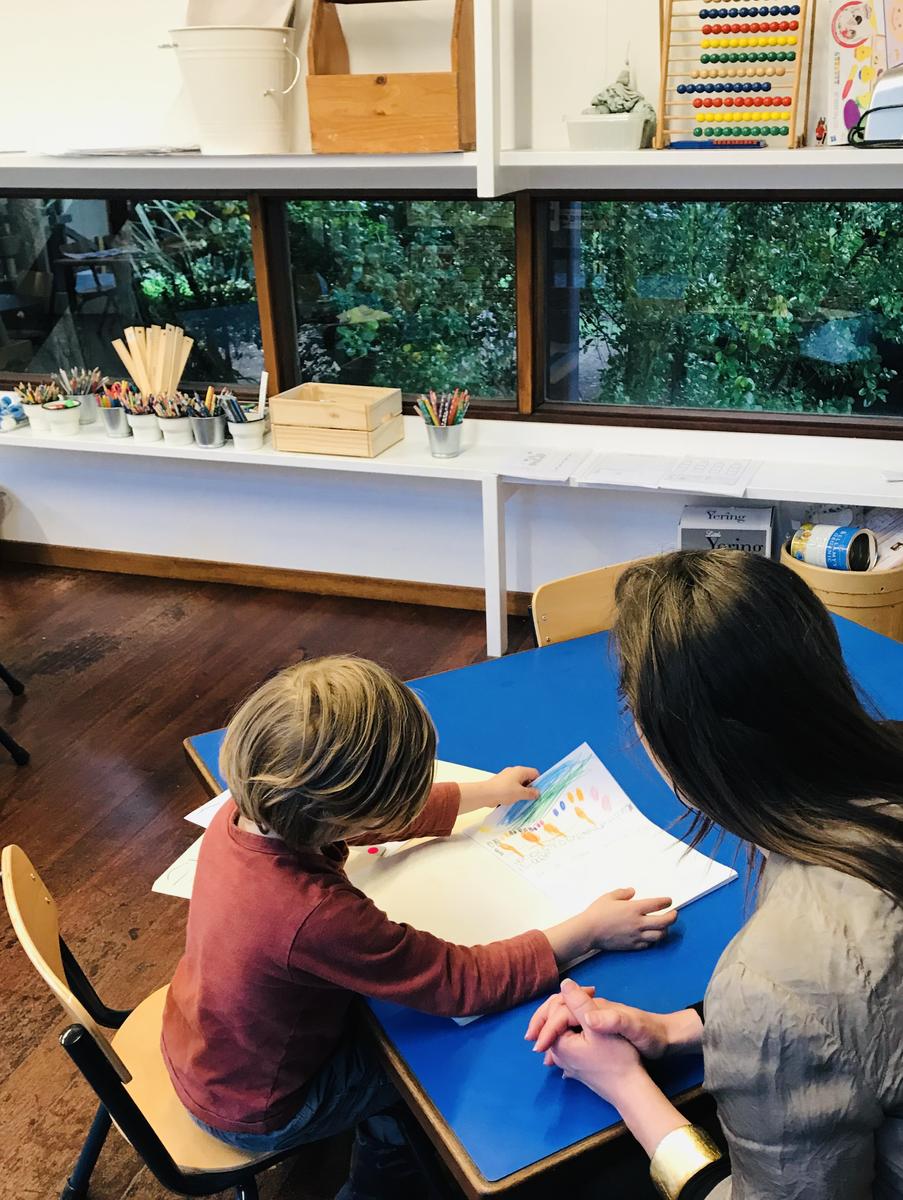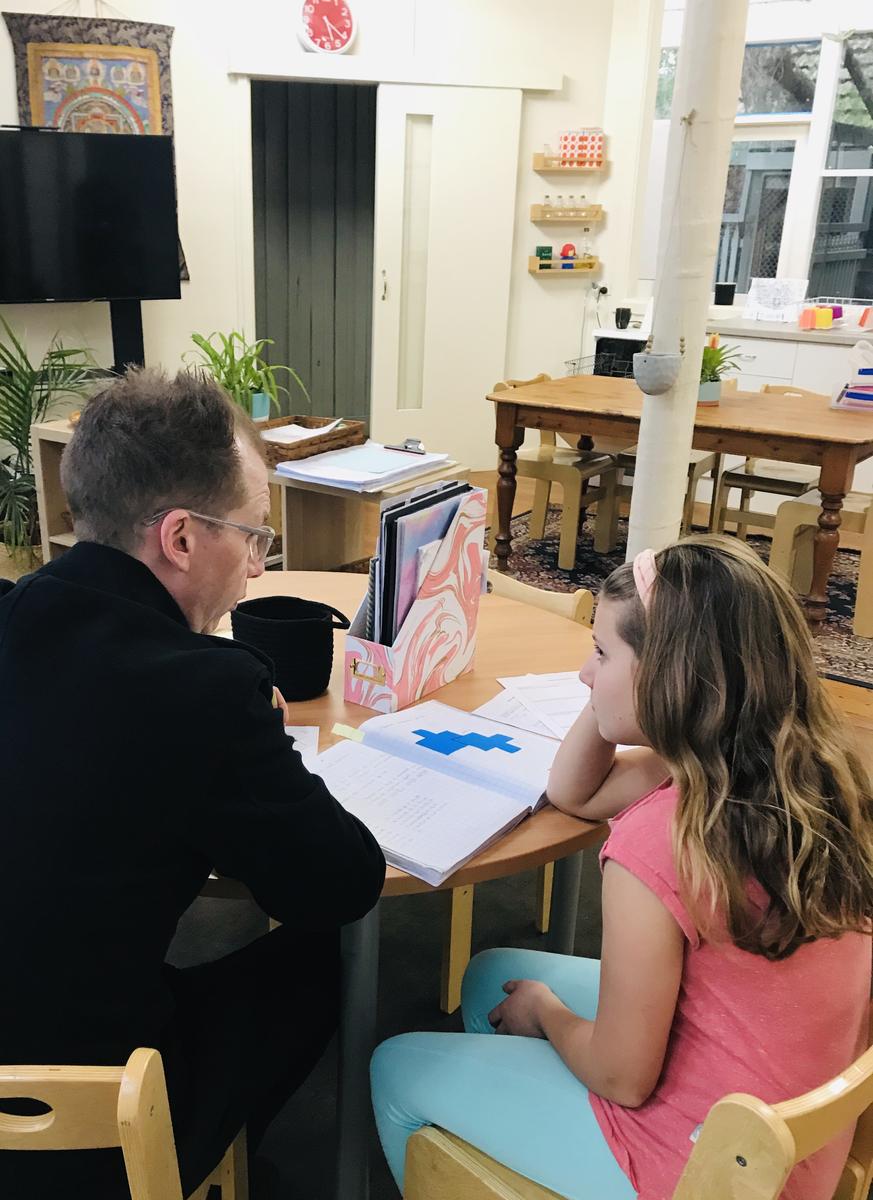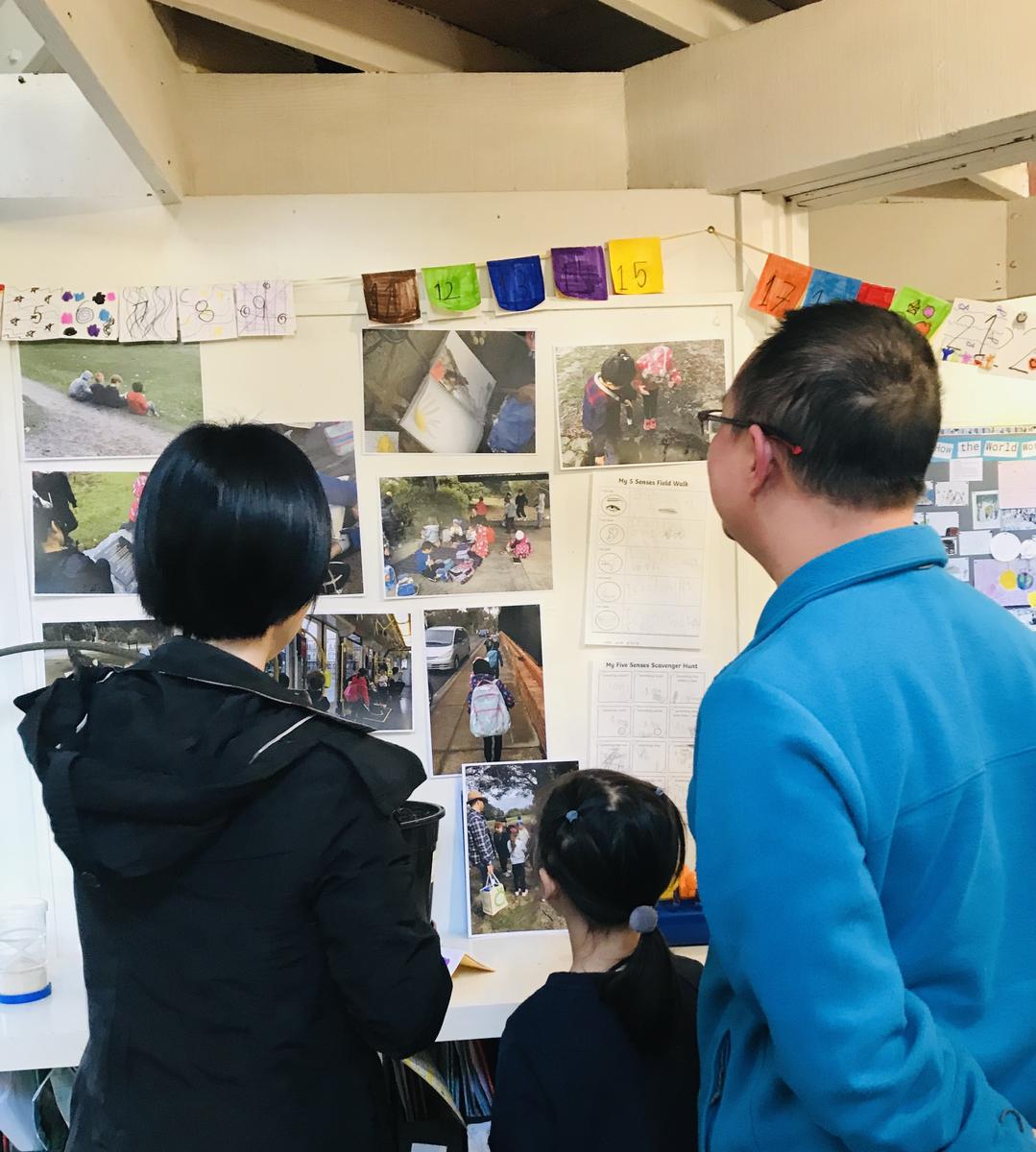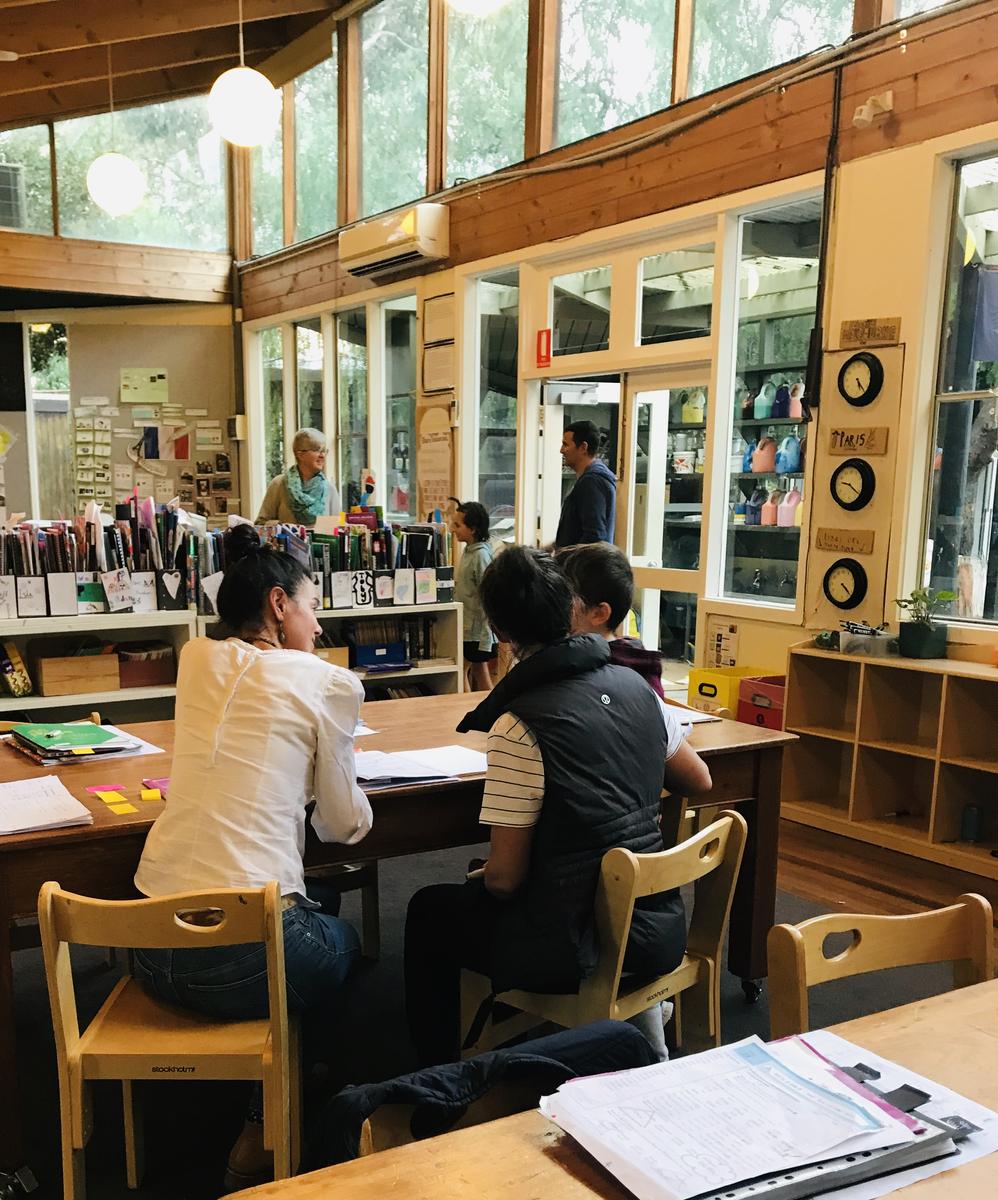From the Assistant Principal
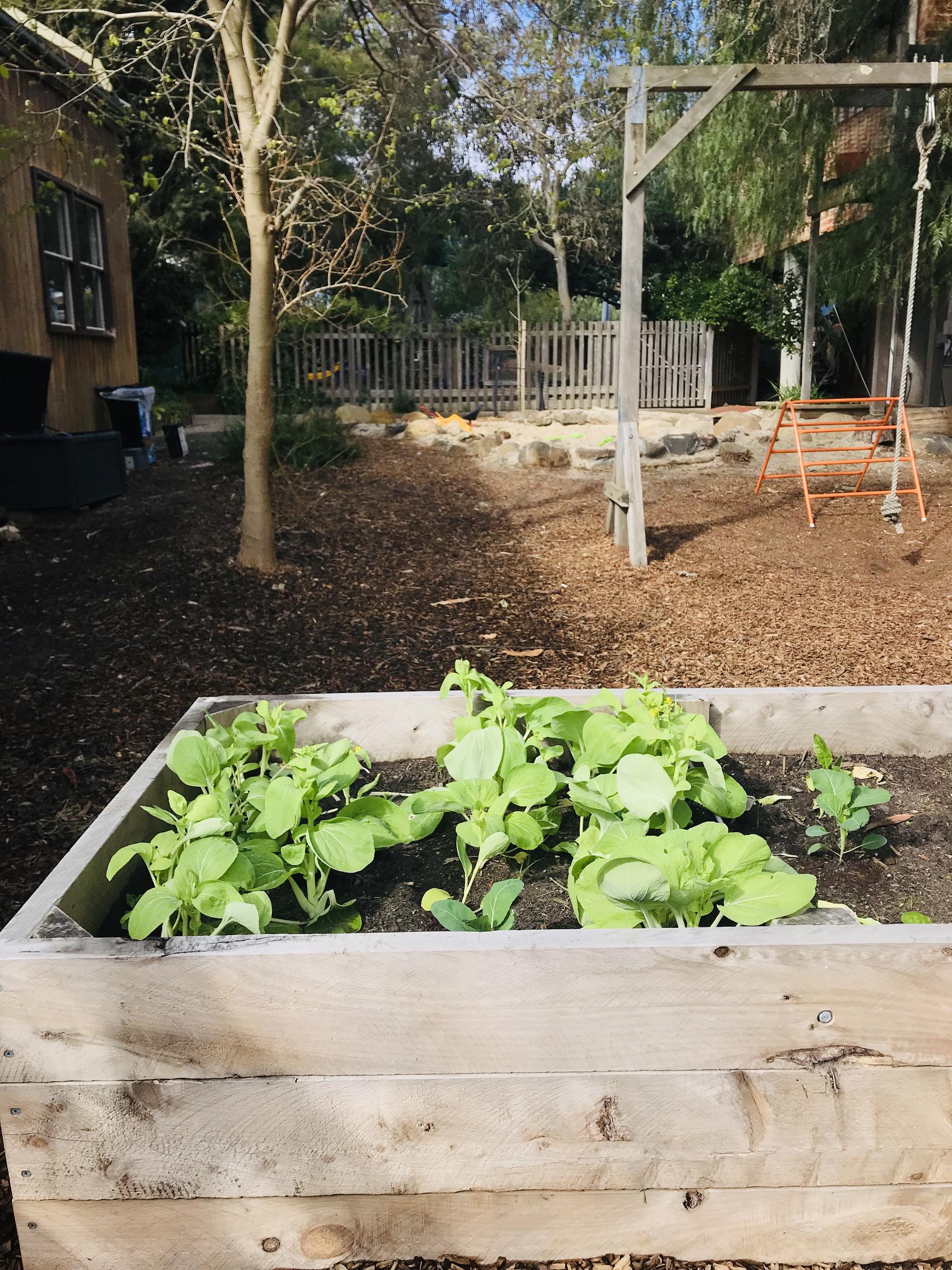
Doo Dah
On Friday we will have our second last Doo Dah of the year. So what exactly is a Doo Dah?
Many years ago a group of parents decided to cook an al fresco meal for the children of Arlington to celebrate the end of term. When Mug (Margaret E Lyttle) asked what was going on, one of the parents said ‘Oh it’s just a Doo Dah’. The celebration stuck, and so, it seems, did the name.
Traditionally held on a Friday in the second to last or last week of every term, Doo Dah is a shared meal freshly prepared, cooked and served to the Arlington community outdoors on The Bricks or in the Hall, by their mums, dads and carers.
Doo Dah covers both Fruit and Lunch. Traditional Doo Dah sees us share cupcakes and fruit in the morning, and sausages at lunch. The day is organised by a team of tireless parents with the assistance of the Parent Class Representatives.
We also have a wonderful team of parents who look after those children with special dietary requirements so that everyone can be involved.
We would like to welcome new families to volunteer; it is a friendly, fun and relaxed way to join in with the school community and get to know other families, the children and the teachers. If you would like to volunteer please get in contact with your Class Rep.
Cubby Building at Arlington
** Taken from the Arlington Curriculum Document December 2007
The art of cubby-building appears to be a mainstay in the historical development of children. Though it is known by many names (fort building/hut making), the essence always remains the same – groups of children banding together, working independently and creating their own space with little adult involvement. They take long pieces of wood and nail them haphazardly into trees and posts, adding and building with seemingly no definite plan. The structures the children create are often wobbly, irregular, have little nooks and crannies and may appear amateurish or messy. What is to be remembered is that it is not the structure itself that is of prime significance, but the process the children undertake, what problems they may encounter and how they work together as a group to solve these problems. Most important of all is the children’s ‘ownership’ of the task.
Cubby-making is a serious business. The membership of the group must be decided, an area chosen, an idea discussed, resources and tools collected before construction can even begin. All group members may have different ideas about what they want the cubby to look like, how it should be built and who gets to use what. At each stage of construction, the cubby must pass the ‘bump test’ to ensure that it is structurally sound and can take additional load or is strong enough to support a roof.
Squabbles sometimes erupt, tools are downed, frustrated words exchanged and some members may leave in a huff. In encountering these problems, the children become resourceful. They share ideas, discuss the problems, negotiate solutions, discuss safe and equitable use of the tools and decide on agreed goals. There is no better real-life experience for children on how to deal with conflict, share decision-making, work cooperatively in a group and work collectively to realise a common goal than cubby-building.
The cycle of goal-setting, conflict resolution, negotiation, collaboration and cooperation is ongoing and reminds children that sometimes, especially when working with others, ‘life wasn’t meant to be easy’.
It takes real effort on the part of a group to transform a pile of wood and a handful of nails into a cubby. As the structure begins to take shape, the more ambitious members of the group may feel that it needs to ‘go up’ and a debate on a second-storey extension begins. The ‘proposers’ must state their reasons and ideas for the extension to the other members of the group.
Questions are asked and clarified, plans altered in order to reflect the ideas and opinions of other children and the group votes on the proposal. Often, the children will insist that a majority vote will not win and that consensus from all group members is required. And so, within meaningful and relevant contexts, the children learn about democratic process, resolving conflict, compromise and working together to achieve a common goal.
Child-led Meetings
Last week we held our Child-led meetings and it was a special time for the children to share their learning achievements, challenges and goals with their families.
Thank you to all of the families who braved the cold to share in this special evening.
NAPLAN
If you are the parent of a student who sat this years' NAPLAN in Years 3 or 5, you would have received an individual report in the mail with their results for the tests they sat in May. These tests in key areas of literacy and numeracy provide parents and educators with a snapshot of how students are progressing- individually, as part of our school community and nationally. The national standards are those that have been agreed upon by all state and territory governments.
Your child’s teacher should be your first point of contact for any concerns you might have about your child’s results. If you would like the opportunity to discuss your child’s results further, please feel welcome to meet with me.
Happy Holidays
Wishing everyone happy holidays, this term has flown on by and we are all looking forward to a joyful and busy Term 4 here at Arlington. Have a safe and restful break and we look forward to seeing you all back on Tuesday 8 October.
2020 Enrolments
As we finalise 2020 enrolments and classes across all levels of the school, please let us know as soon as possible if you have a sibling who intends to enrol for next year.
Natalie Jensen
Assistant Principal

